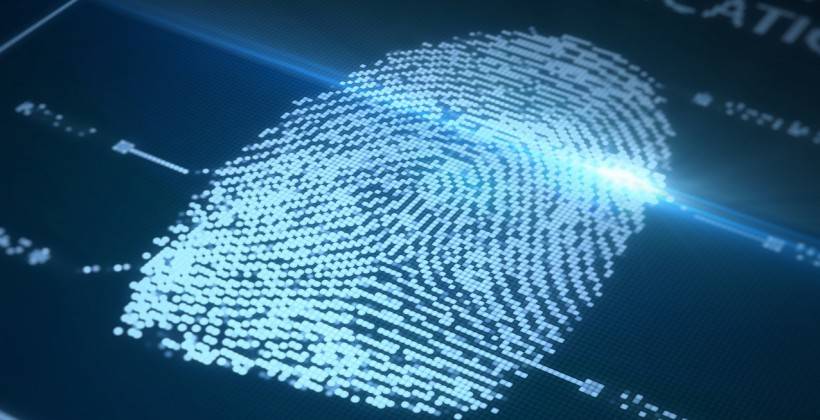
A ruling by a judge in Virginia Beach in an attempted murder case may very well change how the court views fingerprint-locked gadgets as evidence in ongoing cases. The judge granted the prosecutors petition to have access to the defendant’s smartphone, saying that unlike password or pin protected devices, biometrics is considered a physical object and so you can be compelled to relinquish it, just like DNA or fingerprint evidence.
Emergency Medical Services Captain David Baust is accused of attempting to strangle his girlfriend to death. The prosecutors wanted access to his smartphone because they believe there is a video of the alleged crime on the device. His lawyer however argued that Baust is protected by the 5th Ammendment, which includes refusal to give access to pass codes, and that handing over the smartphone may incriminate him. Virginia Beach Circuit Court Judge Steven Frucci agreed with the argument presented, but ruled that biometrics is not included in that because it is not imparting knowledge, but rather it is a physical object.
While technically, the police cannot compel a defendant to give up their password, due to the aforementioned protection included in the 5th Ammendment, there have been cases where they are forced to give up computer passwords for decryption. There is still no legal consensus on the issue, specifically now with mobile devices that are usually protected by passwords, pins, patterns, and now fingerprint scans.
Some technology and legal experts say this ruling isn’t at all surprising, and one even said they were expecting something like this to happen when Apple first introduced its fingerprint ID. Will this now become a precedent for similar cases in the future? Possibly. Hanni Fakhoury, a lawyer for the digital rights organization Electronic Frontier Foundation said that this may prove to people once and for all that biometric security may not give you the same legal protection as a password would.
VIA: SlashGear










The title is a little misleading. Any smartphone may be used as evidence. In fact, the data on any smartphone may also be used as evidence, provided that it complies with all of the Rules of Evidence. They key point here is whether or not the prosecution can actually get their hands on the data.
What the court said in this case was that if you have locked it with a fingerprint, the court can compel you to unlock it. If you have locked it with a PIN or password, the court cannot compel you to unlock it. The difference is that the PIN or password is knowledge that you have.
PIN is the worst security method used to access a phone. I can learn many PIN in public standing next to people using smart phones when they unlock theirs…seriously.
Cyanogenmod actually has a neat little feature that will scramble the keypad each time you go to unlock the phone. So you can’t as easily tell what the PIN is by the placement of the person’s fingers.
Still not perfect.
Ideally, you would encrypt your phone and the moment you are initially encountered by the police you start the shutdown process.